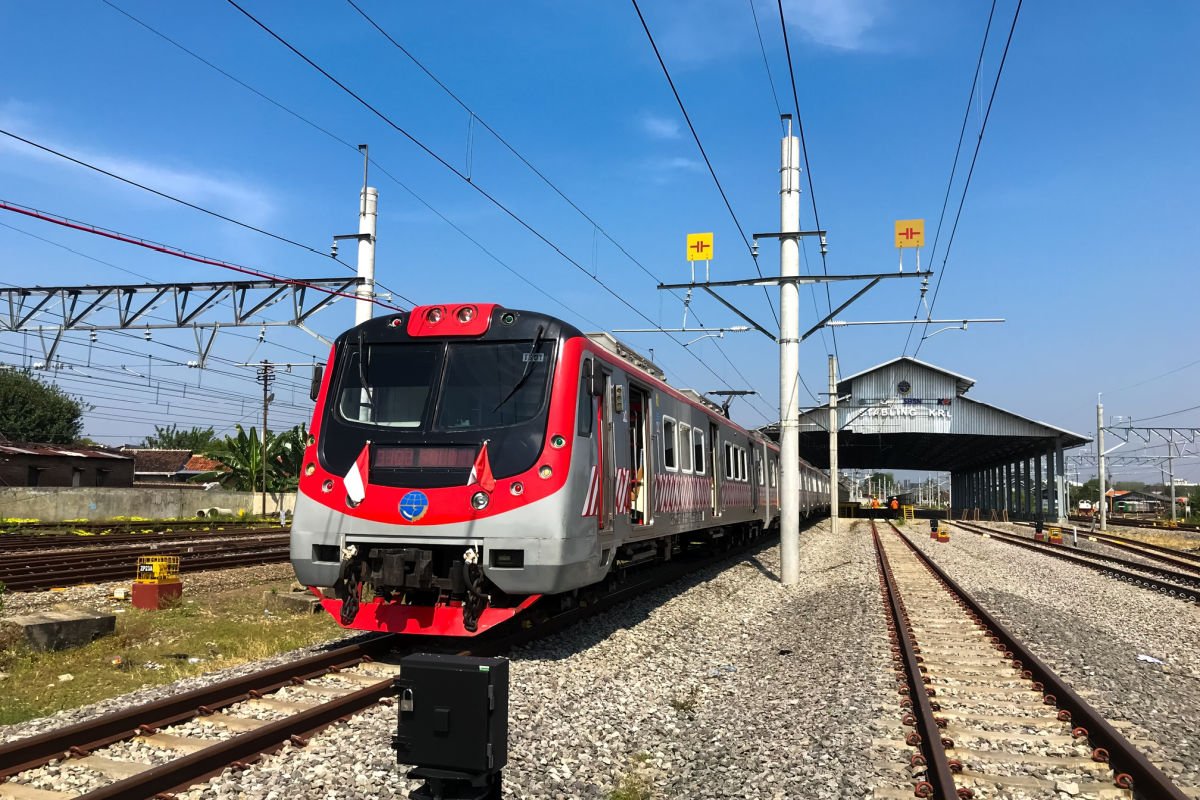Bali’s Light Rail Transit (LRT) project is set to reshape the island’s transportation landscape and, in turn, influence the real estate market. For investors eyeing opportunities around this transformative project, a strategic approach and a keen understanding of key considerations are paramount. Here are the crucial factors investors should take into account as they navigate the tracks of Bali’s LRT project.
1. Proximity to LRT Stations:
Investors should pay close attention to the proximity of their potential investments to LRT stations. Properties located near LRT stations are likely to experience increased demand due to improved connectivity. Consider commercial spaces, residential complexes, or mixed-use developments strategically positioned to benefit from the convenience of LRT access.
2. Transit-Oriented Development (TOD):
Transit-oriented development is a concept gaining momentum globally, emphasizing integrated planning around transportation hubs. Investors should explore opportunities to contribute to Bali’s TOD initiatives, focusing on developments that seamlessly blend residential, commercial, and recreational spaces around LRT stations. TODs are not only convenient for residents but also hold long-term value.
3. Tourist Hotspots and Growth Areas:
Identify areas along the LRT route that intersect with tourist hotspots and burgeoning growth areas. Investments in these locations, such as hotels, resorts, or commercial spaces, stand to benefit from increased tourist footfall and the economic growth spurred by the LRT project. Balancing the appeal of established tourist destinations with emerging growth areas ensures a diversified and resilient investment portfolio.
4. Urban Renewal and Infrastructure Development:
Bali’s LRT project is often part of broader urban renewal and infrastructure development initiatives. Investors should align their strategies with areas earmarked for such improvements. Properties in regions undergoing urban renewal are likely to experience increased demand and appreciation, making them attractive for both short-term gains and long-term investment stability.
5. Sustainability and Eco-Friendly Practices:
Given Bali’s commitment to sustainability, investors should integrate eco-friendly practices into their projects. Developments incorporating green building principles, energy-efficient technologies, and sustainable design not only align with the island’s ethos but also cater to a growing market of environmentally conscious consumers.
6. Local Regulatory Compliance:
Navigating the regulatory landscape is crucial for investors in any market, and Bali is no exception. Engaging legal professionals with expertise in Indonesian real estate laws ensures compliance with local regulations. Given the transformative nature of the LRT project, staying informed about any regulatory changes or incentives related to real estate development along the LRT route is imperative.
7. Community Engagement:
Investors should actively engage with local communities to understand their needs and concerns. Projects that positively impact local communities, enhance infrastructure, and contribute to the overall well-being of the population are likely to receive support and contribute to sustainable development.
8. Adaptability to Market Trends:
The real estate market is dynamic, and market trends can evolve rapidly. Investors should remain adaptable and responsive to changing consumer preferences, economic conditions, and global trends. A forward-looking approach ensures that investments remain relevant and resilient in the face of market fluctuations.
Conclusion:
Investing in Bali’s LRT project requires a comprehensive understanding of the project’s impact on the real estate market and strategic foresight to position investments for success. Proximity to LRT stations, transit-oriented development, alignment with growth areas, sustainability practices, compliance with local regulations, community engagement, and adaptability to market trends are all crucial considerations. By carefully navigating these tracks, investors can ride the wave of Bali’s LRT project, contributing to the island’s progress while securing profitable and sustainable real estate ventures.


